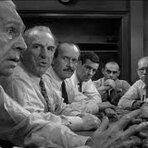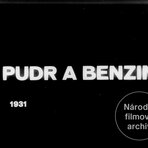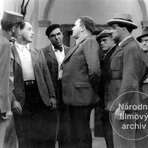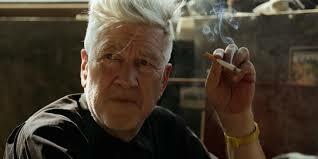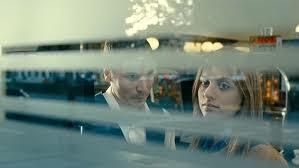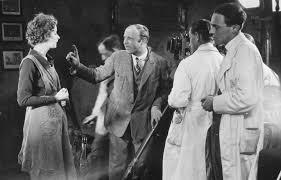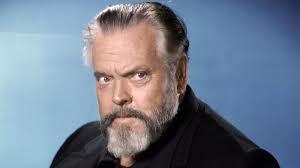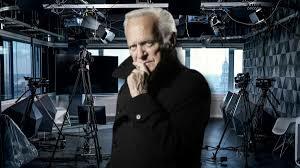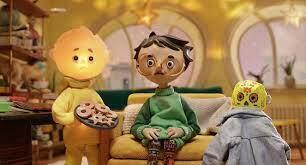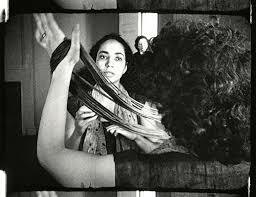Screenings
There is nothing special about our view of cinema, at least nothing special in terms of theater. It is true that film is a dramatic form just like a play and that its execution requires a plot, gradation, situations, and acting performances, i.e., tools and materials that theater also uses, but apart from this similarity, film has nothing else in common with theater.
It has its own craft laws, profoundly different from those of theater, and its own dramaturgy, which stems from the advantages of editing and camera work (in theater, no one can show you what is happening in Brazil in a matter of seconds, nor can they give you a close-up view of a paperweight that is an important part of the plot). Finally, in film, the performing artist never encounters the audience and their reactions in person, as is the case in theater, and their performance undergoes a complex and delicate industrial process before it reaches the audience.
All this defines film as a dramatic form that is completely independent of theater, with its own autonomous artistic laws, or rather, with the potential for such autonomy. We share the widely held view that this film aesthetic does not yet exist and that terms such as "photogenicity, cinematic quality, film dramaturgy, cinema pur, stylistic purity of film," etc. are fragile and highly controversial herbs that timidly sprout in a hopelessly confused jungle of cinematic stupidity, characterlessness, bad taste, commercialism, snobbery, and deception.
Despite everything, we love film very sincerely. We loved it long before we loved theater, and what we began to do in theater, we learned solely from film. Our boyhood years were marked by the heroic era of American silent film, and we will never forget to be grateful to its beauties for the education it gave us.
In a word, we are not among those theater people who despise film and regard it as a clever side job that cannot be compared to Art with a capital A. Cinematography, especially since the invention of talking pictures, is certainly seriously ill. But let us not lose hope. When we remember Charlie Chaplin, Walt Disney, Max Fleischer, René Clair, and the Marx Brothers, we have every right to hope for a glorious future for the art of film.
V+W (1937)


